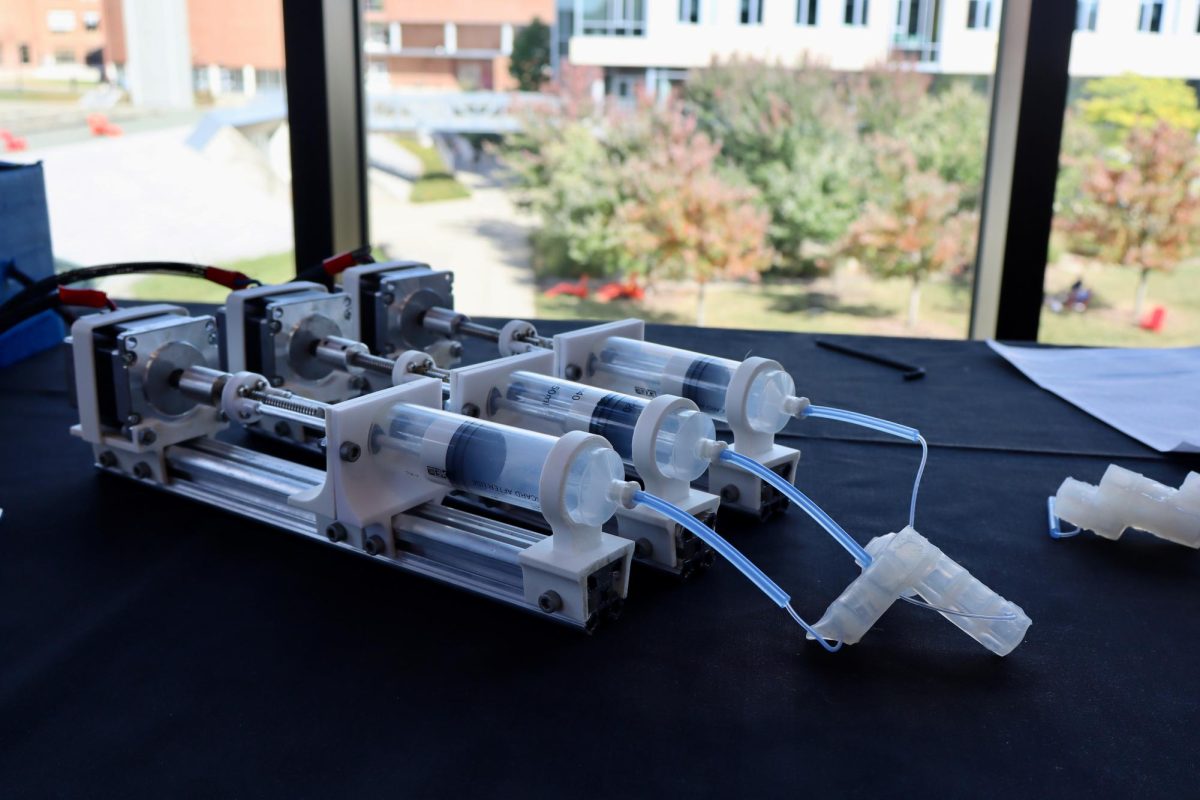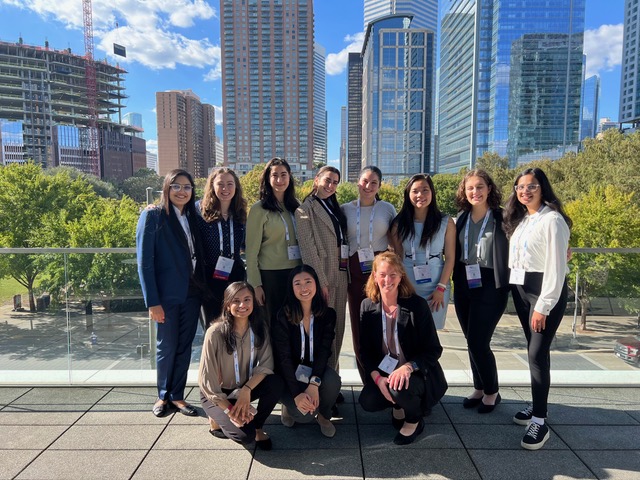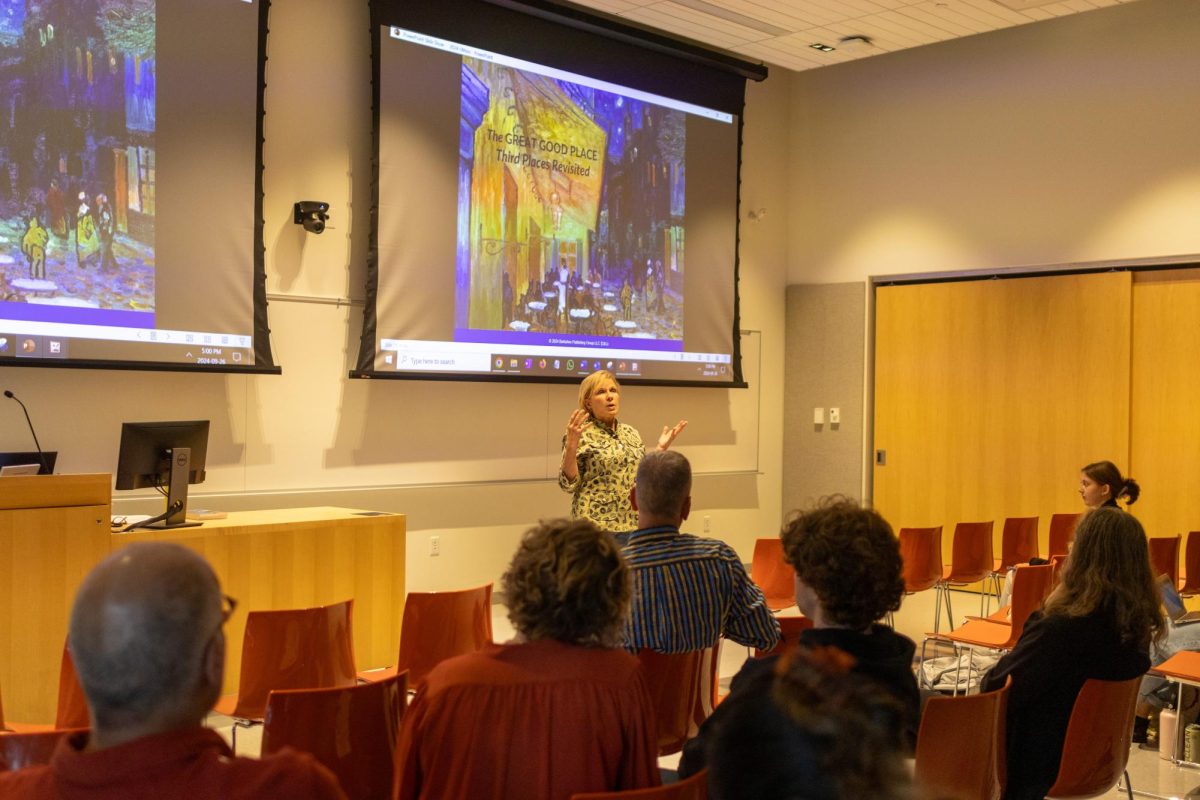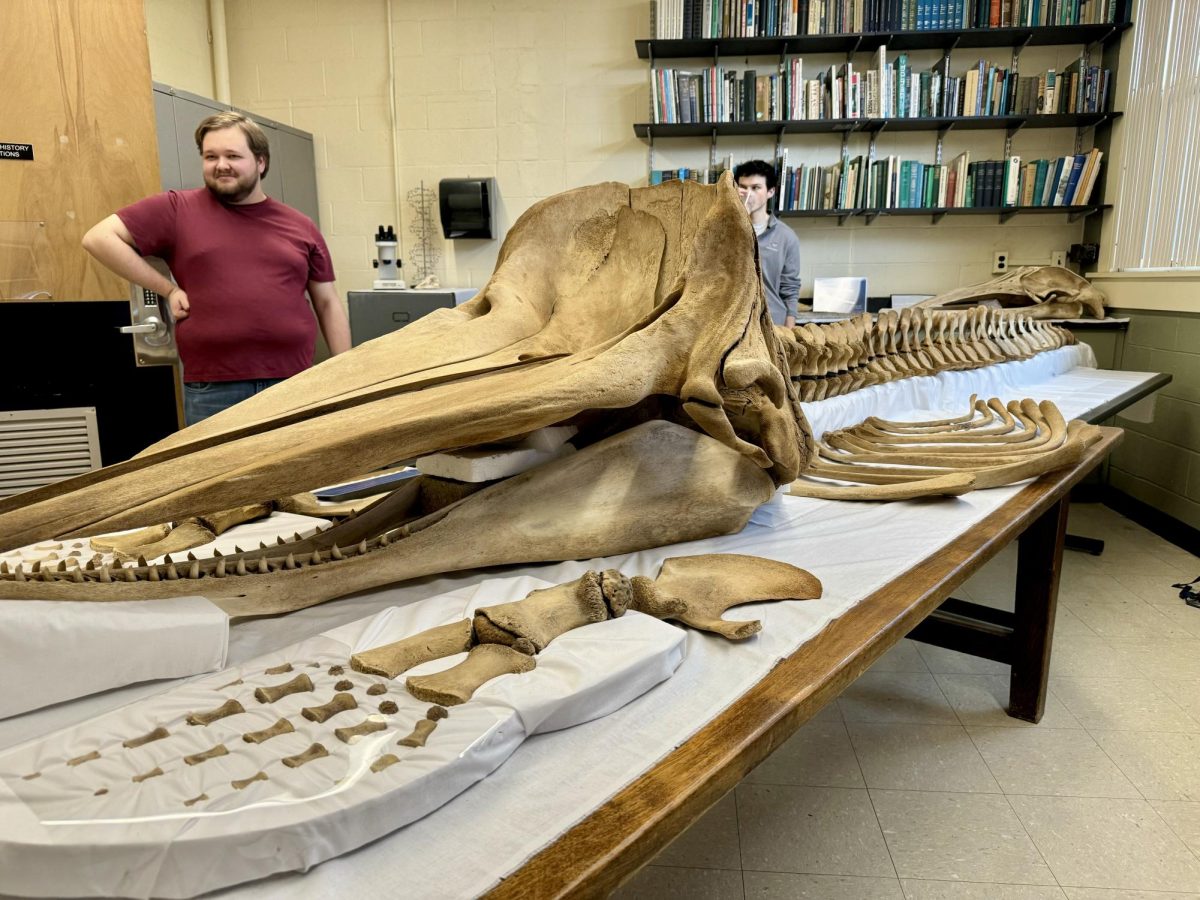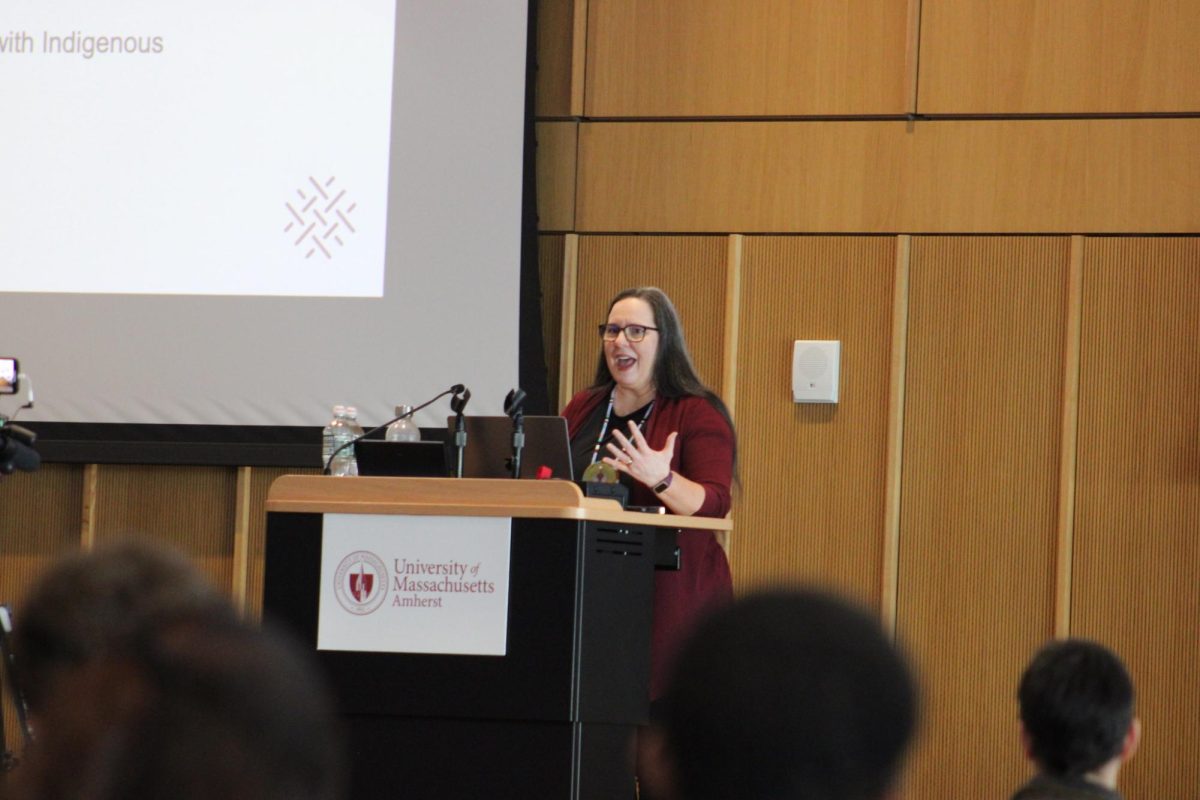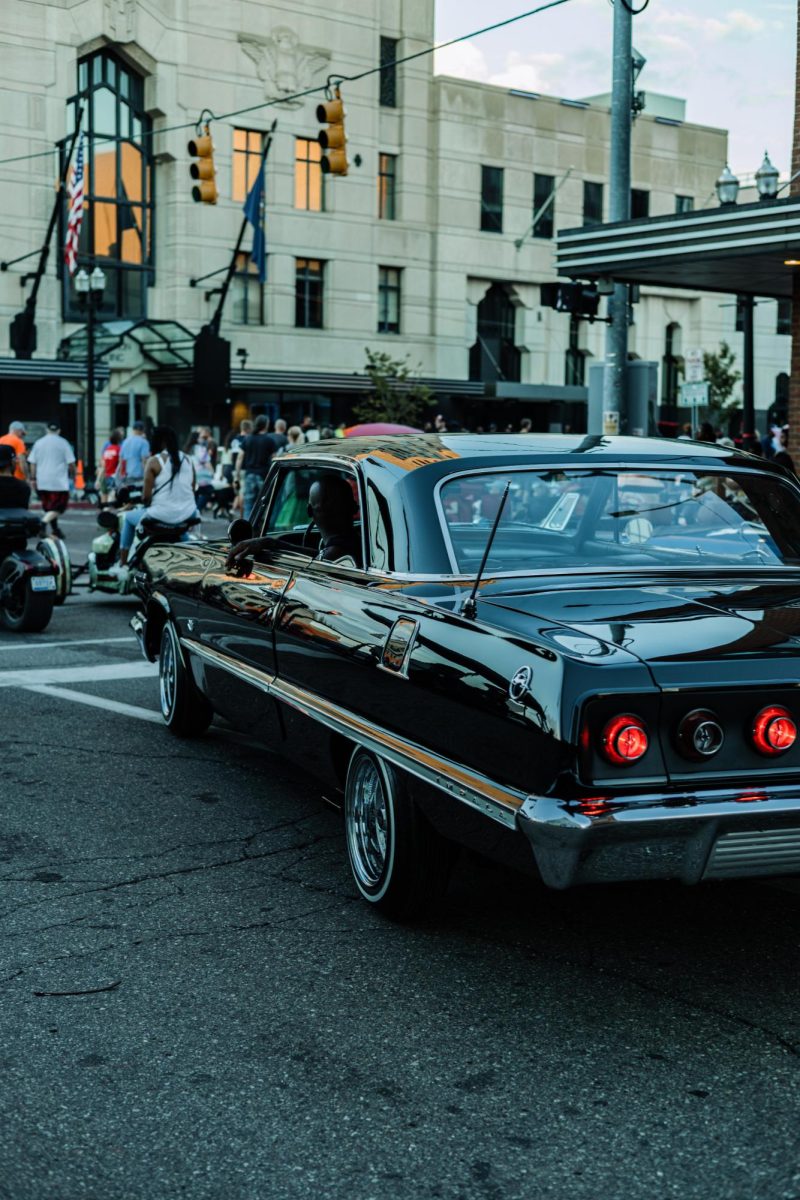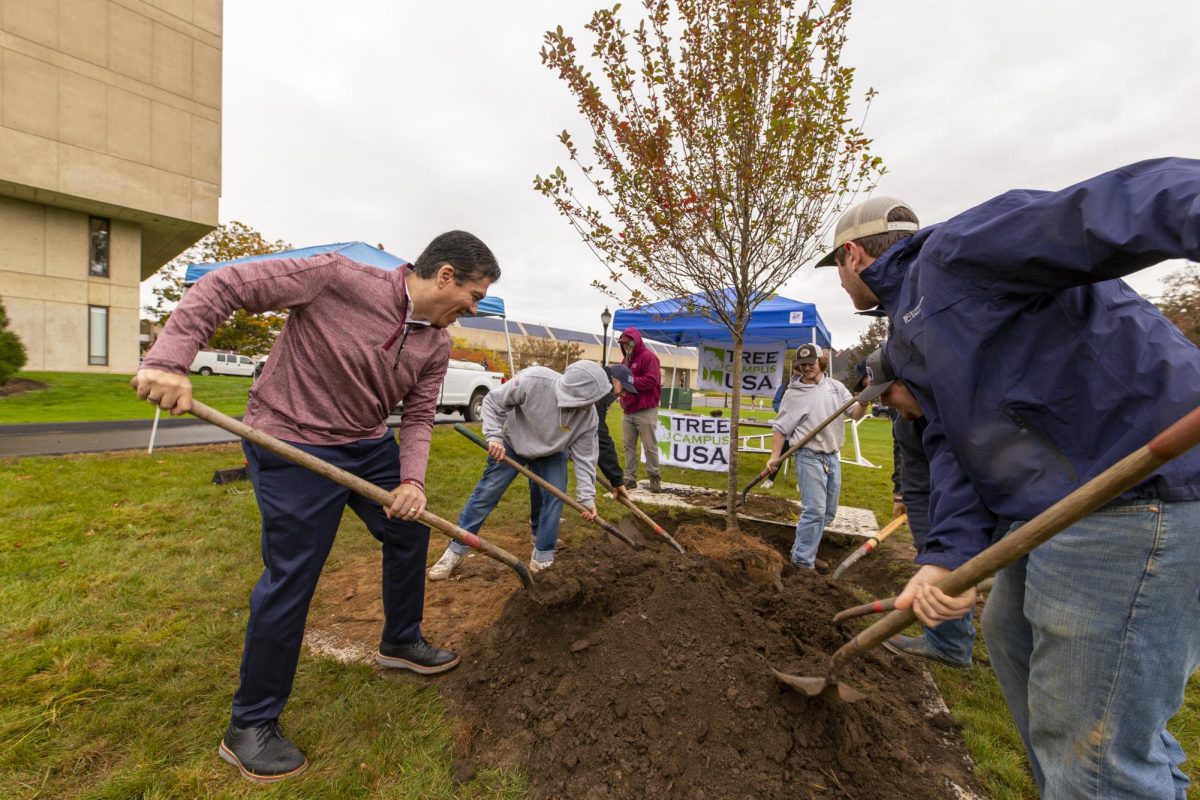
Two and a half years after the alleged 2012 gang rape in a Southwest Residential Area dormitory, University of Massachusetts Residence Hall Security has implemented improvements to dormitory security technologies.
After the sexual assault, the University hired a third party consultant, the Business Protection Specialists, to create a report suggesting upgrades to campus security.
These updates are still being enacted, even though campus security policies have not changed.
“I think the University has taken marked steps toward the concerns laid out by the consultant,” said Jim Meade, the residence hall security manager who has overseen many of the ongoing changes.
The BPS report consisted of 41 general recommendations, with 85 recommendations when sub-categories are included. Some of the changes made by UMass include improvements to residence hall doors, adjustments that make reporting by campus security more efficient and improvements to security cameras, especially where lighting is a problem.
One of the most widespread changes has been in the way security monitors sign in residents. The pen and paper method is actively being replaced in many residence halls by an electronic system.
“Everyone is still allowed four guests a night,” Meade said. “What has changed is that instead of pen and paper, people are being signed in by computers.”
Meade expects the laptops to be fully implemented in residence halls by next fall. He said that the cost of implementing the policy has been roughly $55,000.
The improvements to security cameras have been primarily made in areas such as the North Apartments, where lack of light makes identification more difficult.
The high turnover rate in student jobs, particularly security monitors, makes changes to training techniques a constant occurrence because of the number of new employees who need training for those positions.
“Some of the recommendations are ongoing because there’s a new population,” Meade said.
The 2012 sexual assault, which occurred after a Pierpont Residential Hall resident, who did not know three of the alleged rapists, signed them in as guests, has drawn much attention to Residence Hall Security’s guest policies.
Despite this attention, the guest policies have not been changed. Meade said that he continues to stress the danger of signing strangers into residence halls to parents during the summer.
“In this environment, you need to understand your actions have consequences for a bigger home,” he said.
Some large universities have stricter guest policies than UMass. Both Boston University and New York University require off-campus guests to leave a photographic form of identification with the security guard on duty. Boston University requires this of on-campus guests as well.
Both universities allow no more than three guests per resident at a time, and limit the total amount of times residents can have guests during late hours. New York University allows no more than six of these nights per month, and Boston University allows no more than seven overnight visits per semester.
However, Meade did not rule out eventually changing the University’s guest policy.
“There may be more changes to the guest policy down the road,” he said.
For now, the focus is primarily on changing residential infrastructure and security technologies. Continual improvements to residential infrastructure will occur over the summer. These include improvements to security cameras and improving access control in residential entrances with poor security layouts.
The expected cost of these improvements, according to Meade, will most likely exceed $400,000.
“I have a great student work force,” he said. “Quite a bit has been done by folks across campus.”
Stuart Foster can be reached at [email protected] or followed on Twitter @Stuart_C_Foster.
[liveblog]







